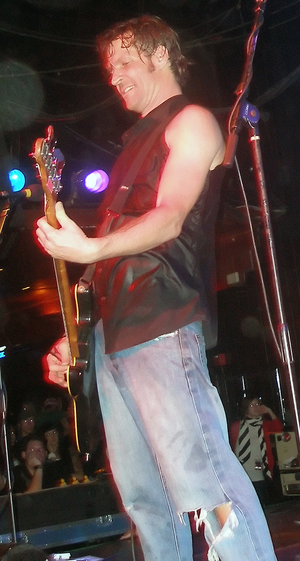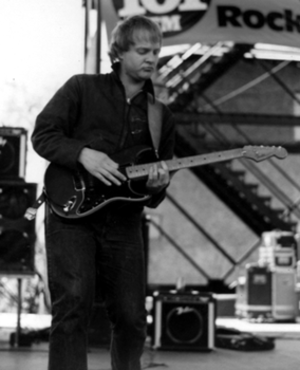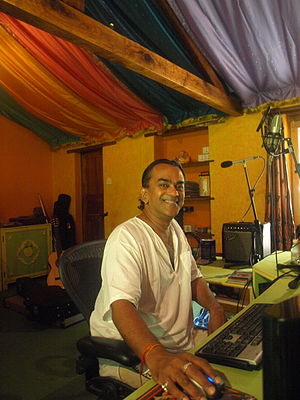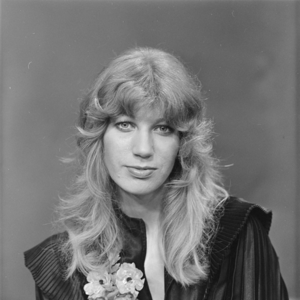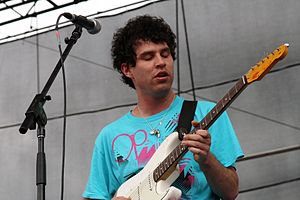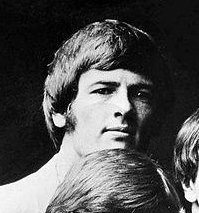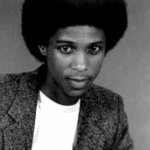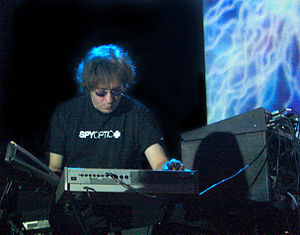Highlights during this period were “Baboon Strength” (2008), “Gentlemen I Neglected to Tell You You Will Not Be Getting Paid” (2009), “ Let the Bells Ring On" (2015), "Everybody Has a Plan Until They Get Punched in the Mouth" (2016). In 2016, he embarked on a groundbreaking tour with a new quartet that included a trombone, an instrument seldom seen in his previous line-ups. After releasing Blue Note’s "Songs of the Analog Playground" which featured Norah Jones, Kurt Elling, Mos Def, Theryl DeClouet, he continued to work with vocalists such as D’Angelo, Frank Ocean, John Mayer, alongside emerging voices like Dara Tucker, Lucy Woodward, Silvana Estrada, Maritzaida and Victoria Elliott.



